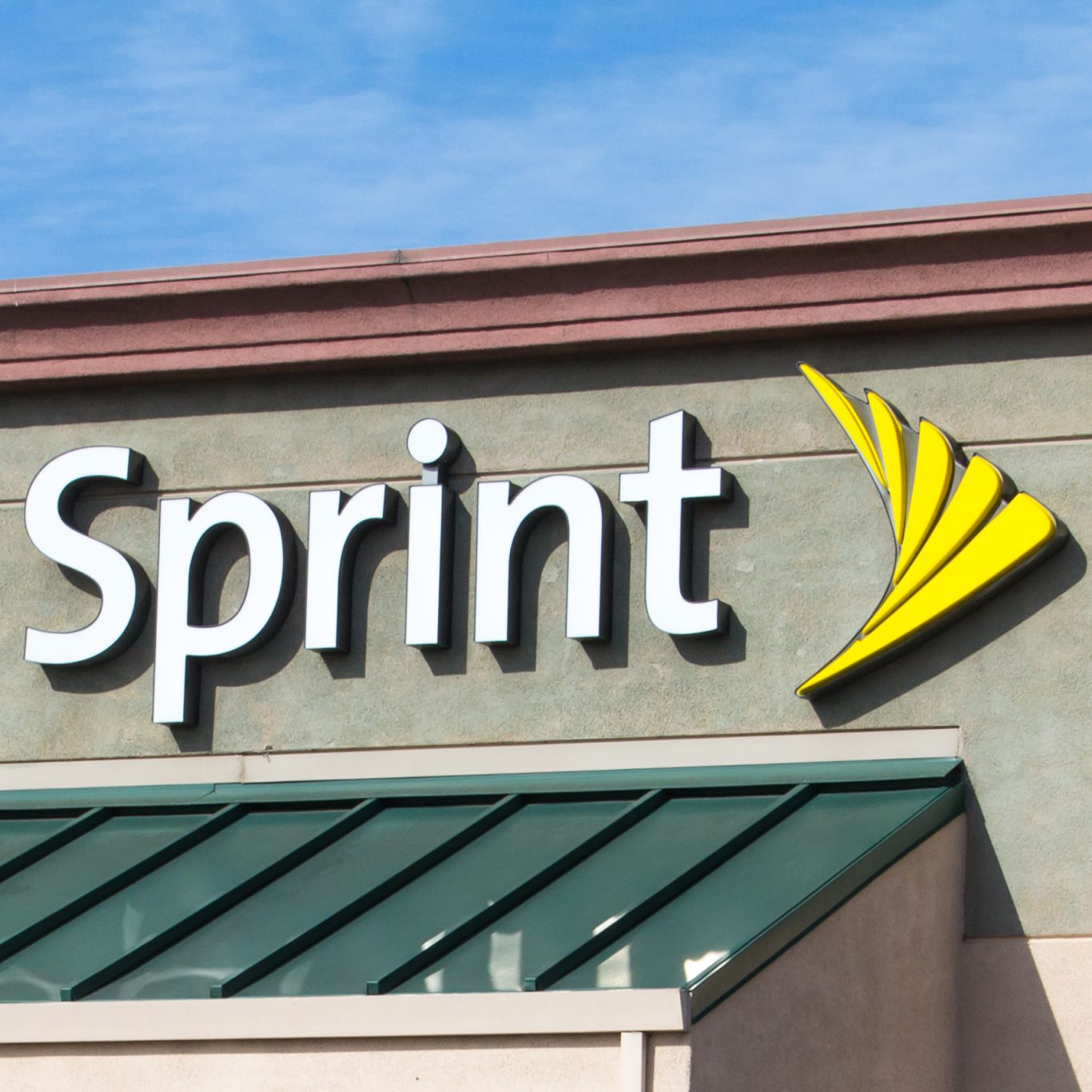
Sprint Corp. (NYSE: S) has seen its share of ups and down. Despite being down 37% from its highs in the past year, the company’s stock actually is still up about 50% from its 52-week lows. Pacific Crest has warned against any enthusiasm here. In fact, the firm touted Sprint as a “tactical short.”
Wednesday’s top analyst upgrades and downgrades showed that Sprint was downgraded to Underweight from Equal Weight. The firm’s Michael Bowen indicated that tightening credit standards will lower expected subscriber additions. Perhaps the biggest warning is that Sprint’s discounted pricing is not helping it win in competition with T-Mobile and against Verizon and AT&T.
Pacific Crest also admitted that its subscriber estimates were initially too high. That being said, the analyst has warned that Sprint’s 2016 guidance perhaps should not be taken at face value. The following data were shown for the first quarter:
- Bowen had originally expected 490,000 postpaid net additions.
- He trimmed revenue expectations from $8 billion down to $7.88 billion.
- He raised EBITDA estimates to $1.99 billion from $1.80 billion.
- Consensus estimates were $8.05 billion in revenues and $1.95 billion in EBITDA.
For all of 2016, Bowen lowered Sprint’s revenue estimate to $32.02 billion from his prior $32.81 billion estimate. EBITDA for 2016 was lowered to $9.46 billion from a prior $9.62 billion. Both are under consensus estimates.
Pacific Crest’s report warns that the continued aggressive 50% off promotion still will generate disappointing numbers regarding post-paid additions and churn versus expectations.
As far as why Sprint’s rating was cut to Underweight, this should sum it up pretty well:
Sprint’s lack of competitive tools other than price suggests fundamental issues. If 50-percent off isn’t working, what will?
Bowen may not be alone in wondering about Sprint’s new efforts for a sale-leaseback for handsets and its network. His fear is that Sprint is effectively using its new proceeds from the leases to pay off its coming debt maturities. The fear here is that Sprint is mortgaging its future.
Thomson Reuters shows that only three analysts have Buy or Strong Buy ratings on Sprint. A whopping 19 analysts have Hold (neutral) ratings, followed by three Sell and five Strong Sell ratings. The average target price is $3.47, which is down from $3.55 in mid-February and from $4.15 in mid-January.
Sprint shares were down 2.7% at $3.39, with some 16 million shares traded midday Wednesday. An intraday low of $3.30 was seen in earlier trading. Sprint has a 52-week range of $2.18 to $5.39.
As far as being a “tactical short,” Pacific Crest may not be alone. Sprint’s short interest on March 31 was some 200.7 million shares.
Thank you for reading! Have some feedback for us?
Contact the 24/7 Wall St. editorial team.
 24/7 Wall St.
24/7 Wall St.

